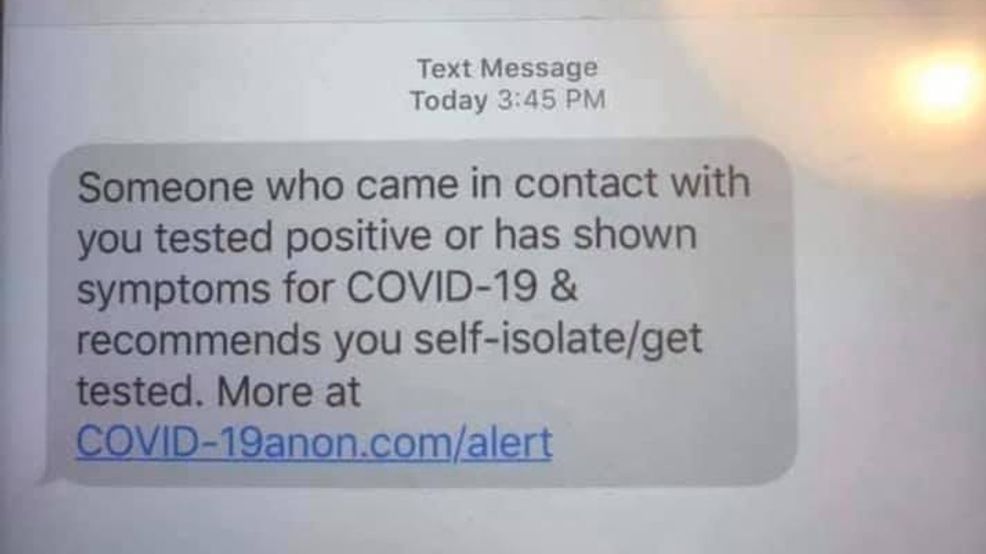Amid the COVID-19 crisis, unfortunately there are those who are looking to take advantage of people in these uncertain, more vulnerable times. It is with that, we wanted to share several known COVID-19 scams currently circulating so you can be sure to avoid being taken advantage of.
Online Coronavirus Scams
Michigan Attorney General Dana Nessel reminds Michigan consumers to be aware of online coronavirus scams selling bogus products and providing false information on COVID-19 tests and treatments. If you receive a phone call from someone claiming to be seeking information for these coronavirus-related reasons, hang up the phone and verify the identity of the caller independently. Do not give out any personal information unless you have first confirmed who you are talking to is actually who they claim to be. The best place to find the latest Information is by using Michigan’s Coronavirus website or by visiting the CDC’s website: cdc.gov
Stimulus Check Scams
There is a new trend where scammers are calling or emailing people claiming to need personal information in order to send them their COVID-19 related Stimulus check. Do not give out your PayPal account information, Social Security number, bank account number or anything else if someone claims such information is essential to sign you up for a stimulus check relating to the coronavirus pandemic. None of this is needed. These are scams.
Census 2020 Safety
The Census Bureau or a legitimate census worker will never ask for your Social Security number, bank account number, credit card number, money or donations. They will never contact you on behalf of a political party. If you are asked for any of these, whether it be via phone, mail, email or in person, it is a scam and should be reported to ois.fraud.reporting@census.gov
Text Message Scams
Another recent trend of scams are text scams claiming you've come in contact with someone who had COVID-19. These links are malicious and should not be clicked. Remember to never click links sent to you from an unknown sender, whether it is email, text, or even on social media. Here is an example of what that text might look like:

For more information about avoiding COVID-19 scams, visit the FTC’s website at: https://www.consumer.ftc.gov/features/coronavirus-scams-what-ftc-doing

